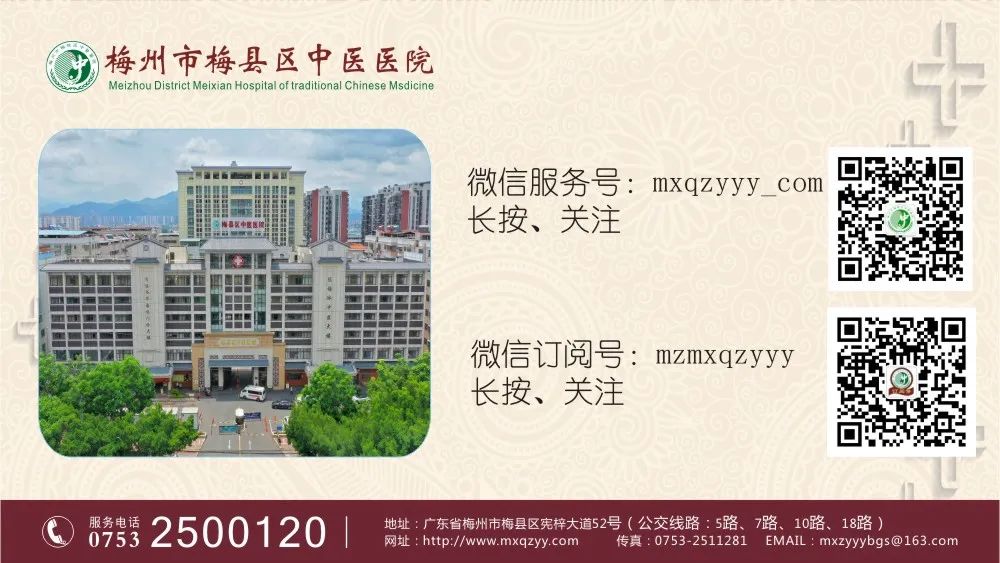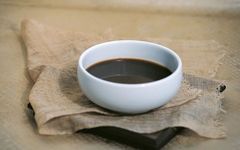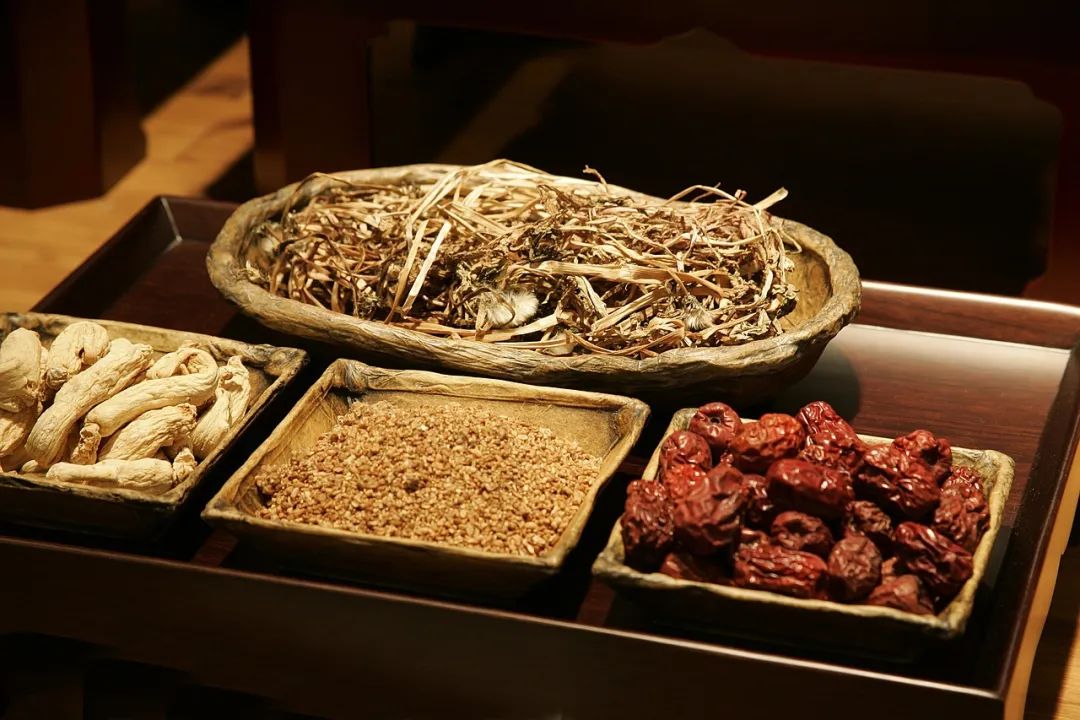
“Is medicinal cuisine just adding medicinal ingredients to food?”
“Can the medicinal taste of medicinal cuisine be swallowed?”
“Are there popular medicinal cuisine restaurants?”
“Can black bean mooncakes lower cholesterol?”
“Are sugar-free mooncakes suitable for diabetics?”
Many people have these questions about medicinal cuisine. According to the “Zhou Guan”, the four officials below: diseases are treated with medicine, wounds are treated with medicine, animals are treated with medicine, and food is managed by the food doctor. Medicinal cuisine is both medicine and food; it is not simply a combination of food and medicine, and it should not have an unpleasant medicinal taste.
To evaluate the quality of a medicinal dish, in addition to considering the six aspects of color, aroma, taste, shape, vessel, and function, it also needs to have noticeable effects, be delicious, and be easy to prepare.
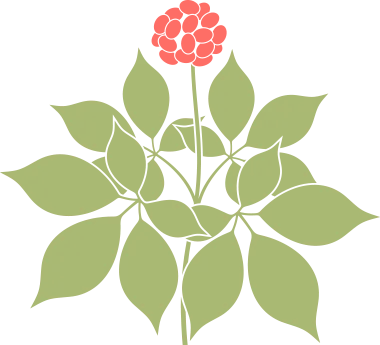
Common Forms of Medicinal Cuisine
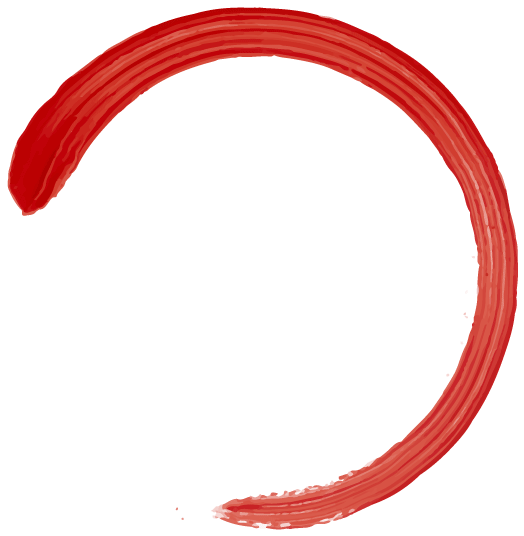
1. Tea Substitutes (Using Medicine Instead of Tea): According to the Qing Dynasty’s Zhang Mu in “Treating Diseases with Diet”, tea substitutes can include honeysuckle leaves (Jin Yin Hua), goji leaves (Gou Qi), locust flowers (Hua Jiao), ophiopogon (Mai Dong), asparagus root (Tian Dong), rehmannia (Di Huang), reed root (Lu Gen), and mint (Bo He).
2. Medicinal Pastes: Using the example of the “Liang Yi Paste” from the Ming Dynasty’s “Jing Yue Quan Shu”, it includes 120-250 grams of ginseng (Ren Shen) and 500 grams of cooked rehmannia (Shu Di Huang). Soak these two ingredients in 3.7 liters of good sweet water or running water overnight, then simmer with a gentle fire to extract the concentrated juice. Place in a porcelain jar, reduce the broth to a paste, and add 120-250 grams of pure white honey to form a paste. This can nourish yin, generate fluids, tonify qi, and nourish blood. It is used for body weakness, fatigue, palpitations, forgetfulness, tinnitus, dizziness, pale complexion, weakness, and post-illness recovery.
3. Pastries: Using the example of the Fuling cake from the Qing Dynasty’s imperial kitchen, it includes cloud poria (Yun Fu Ling), Chinese yam (Huaishan), coix seed (Yi Yi Ren), white lotus seeds (Bai Lian Zi), and broad tangerine peel (Guang Chen Pi) to treat loss of appetite or post-meal bloating; it is suitable for those who are intolerant to cold, oily, and greasy foods, and those with weak spleen and stomach who often experience diarrhea.
4. Stews: Based on the “Jin Gui Yao Lue” from the Han Dynasty, the Angelica and Ginger Lamb Soup is made by simmering angelica (Dang Gui), ginger (Sheng Jiang), and lamb (Yang Rou) to warm the center, nourish blood, dispel cold, and relieve pain. It is suitable for those who are thin, have a dull complexion, dizziness, palpitations, insomnia, numbness in limbs, and are sensitive to cold.
5. Porridge: Using the example from the Ming Dynasty’s “Ji Sheng Mi Lan”, it includes 50 grams of japonica rice (Jing Mi), appropriate amounts of scallion (Cong Bai), and white sugar. First, cook the rice, and when it is nearly done, add 2-3 stalks of chopped scallion and white sugar. Consume once daily while hot to induce mild sweating. This can release the exterior, disperse cold, harmonize the stomach, and tonify the center. It is suitable for wind-cold colds.
6. Medicinal Wine: Using the example of the Danshen and Duzhong wine from the Ming Dynasty’s “Pu Ji Fang”, take 30g of Duzhong, 30g of Danshen, 20g of Chuanxiong, and 750ml of rice wine. Crush the herbs and place them in a clean container, pour in the wine to soak, seal, and consume warm as needed. This can tonify the kidneys, benefit the liver, invigorate blood, and unblock meridians. It is indicated for liver and kidney deficiency, insufficient essence and blood, soreness and pain in the waist and legs, and chronic pain with obstruction of the meridians.
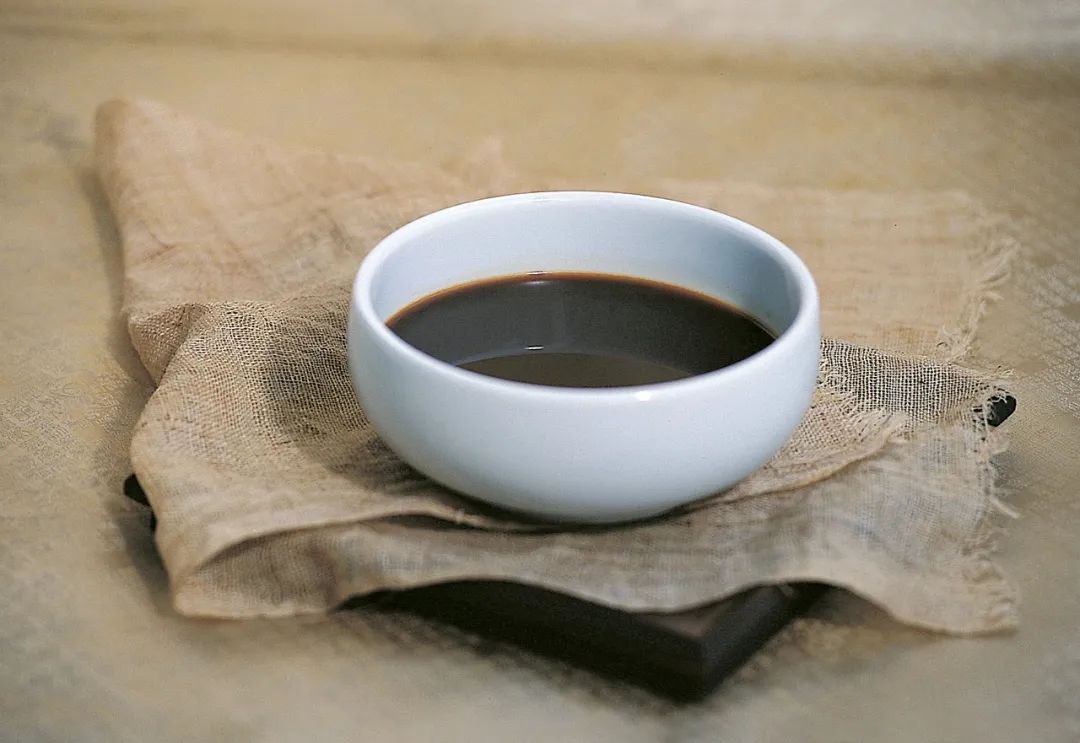

Health Maintenance According to Body Constitution

1. Qi Deficiency Constitution
Medicinal ingredients: Chinese yam (Shan Yao), ginseng (Ren Shen), codonopsis (Dang Shen), astragalus (Huang Qi), white atractylodes (Bai Zhu), and prince ginseng (Tai Zi Shen).
Accompanying foods: millet (Xiao Mi), glutinous rice (Nuomi), sweet potatoes (Hong Shu), carrots (Hu Luo Bo), potatoes (Tu Dou), lotus root (Lian Ou), and eggs (Ji Dan).
Dietary forms: porridge, snacks, soups.
Recommended medicinal dishes: Astragalus Chicken, Yam Porridge.
2. Yang Deficiency Constitution
Medicinal ingredients: ginger (Jiang), cinnamon (Rou Gui), deer antler (Lu Rong), eucommia (Du Zhong), and morinda root (Ba Ji Tian).
Accompanying foods: glutinous rice, lamb (Yang Rou), dog meat (Gou Rou), beef (Niu Rou), chicken (Ji Rou), pig stomach (Zhu Du), and fish (Yu), shrimp (Xia), chives (Jiu Cai), and hyacinth beans (Dao Dou).
Contraindications: Avoid eating pears, watermelons, and other cold foods; limit green tea.
Dietary forms: soups, medicinal wine, pastes.
Recommended medicinal dishes: Angelica and Ginger Lamb Soup, Stir-fried Chives with Walnuts.
3. Yin Deficiency Constitution
Medicinal ingredients: goji berries (Gou Qi), polygonatum (Yu Zhu), lily bulbs (Bai He), ophiopogon (Mai Dong), dendrobium (Shi Hu), raw rehmannia (Sheng Di Huang), and northern ginseng (Bei Sha Shen).
Accompanying foods: sesame (Zi Ma), mung beans (Lu Dou), duck (Ya Rou), pork (Zhu Rou), pig skin (Zhu Pi), milk (Nai), tofu (Dou Fu), oysters (Mu Li), sea cucumber (Hai Shen), and honey (Feng Mi).
Contraindications: Avoid lamb, chives, chili peppers, and sunflower seeds.
Dietary forms: steamed dishes, soups.
Recommended medicinal dishes: Lotus Seed and Lily Soup, Honey and Lily.
4. Phlegm-Damp Constitution
Medicinal ingredients: poria (Fu Ling), almonds (Xing Ren), fritillaria (Chuan Bei Mu), Zhejiang fritillaria (Zhe Bei Mu), bamboo shavings (Zhu Ru), pinellia (Ban Xia), coix seed (Yi Yi Ren), and patchouli (Pei Lan).
Accompanying foods: adzuki beans (Chi Xiao Dou), peanuts (Hua Sheng), jellyfish (Hai Zhe), yam (Shan Yao), bamboo shoots (Zhu Sun), loquats (Pi Pa), and olives (Guan Yin).
Dietary forms: clear stews, clear steaming, boiling.
Recommended medicinal dishes: Yam and Winter Melon Soup, Adzuki Bean and Carp Soup.
5. Damp-Heat Constitution
Medicinal ingredients: poria (Fu Ling), coix seed (Yi Yi Ren), atractylodes (Cang Zhu), patchouli (Pei Lan), white cardamom (Bai Dou Kou), honeysuckle (Jin Yin Hua), houttuynia (Yu Xing Cao), and chrysanthemum (Ju Hua).
Accompanying foods: red adzuki beans (Hong Xiao Dou), mung beans (Lu Dou), broad beans (Can Dou), green beans (Si Ji Dou), duck (Ya Rou), crucian carp (Jia Yu), kelp (Hai Dai), nori (Zi Cai), winter melon (Dong Gua), loofah (Si Gua), and coix seed (Yi Yi Ren).
Contraindications: Avoid greasy foods, limit lamb, chives, ginger, chili peppers, and spicy foods.
Dietary forms: soups, cold dishes.
6. Blood Stasis Constitution
Medicinal ingredients: peach kernel (Tao Ren), angelica (Dang Gui), notoginseng (San Qi), safflower (Hong Hua), motherwort (Yi Mu Cao), and red peony (Chi Shao).
Accompanying foods: meats, eggs, papaya (Mu Guo), mango (Mang Guo), black beans (Hei Dou), yellow beans (Huang Dou), shiitake mushrooms (Xiang Gu), eggplant (Qie Zi), rapeseed (Cai), brown sugar (Hong Tang), yellow wine (Huang Jiu), and red wine (Hong Jiu).
Dietary forms: medicinal wine, soups, teas.
Recommended medicinal dishes: Hawthorn and Brown Sugar Soup, Black Bean and Chuanxiong Porridge.
7. Qi Stagnation Constitution
Medicinal ingredients: dried tangerine peel (Chen Pi), finger citron (Fo Shou), rose (Mei Gui Hua), bitter orange (Zhi Qiao), and costus (Mu Xiang).
Accompanying foods: daylilies (Huang Hua Cai), barley (Da Mai), buckwheat (Qiao Mai), sorghum (Sorghum), white radish (Bai Luo Bo), onion (Yang Cong), and cilantro (Coriander).
Dietary forms: porridge, rice, teas.
Recommended medicinal dishes: Tangerine Peel Porridge.
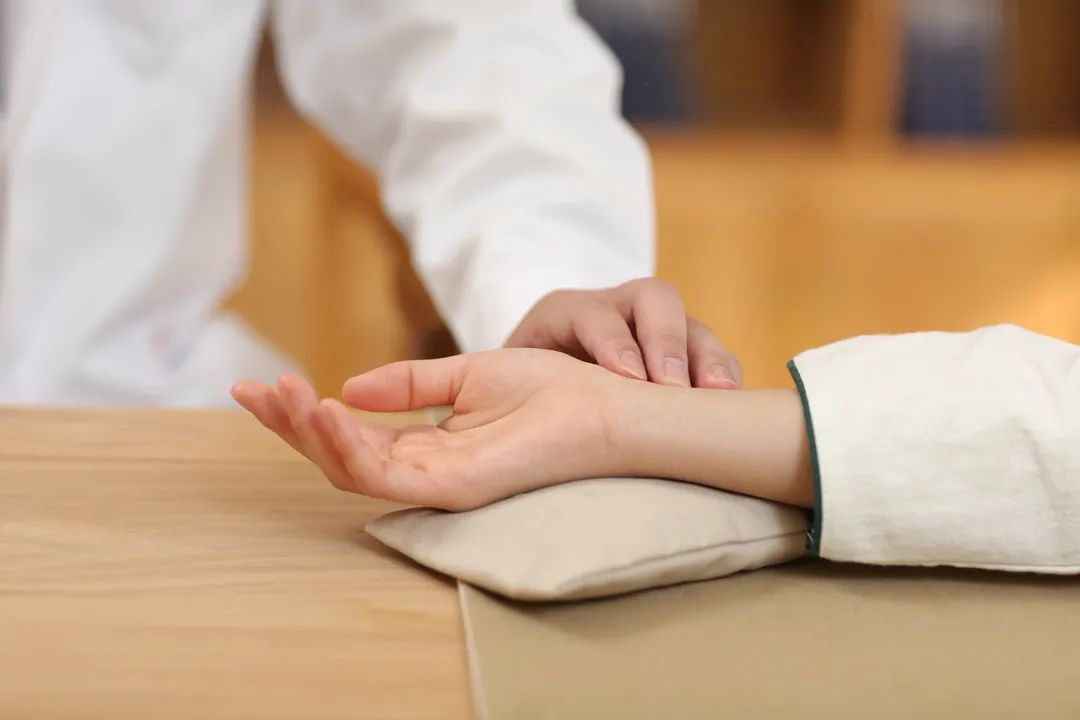

Classic Dietary Therapy Recipes

1. Raw Rehmannia Porridge
[Ingredients] One cup of raw rehmannia juice; two cups of water extracted from sour jujube seeds (Suan Zao Ren).
[Method] Boil together, simmer for several boils, then add three cups of rice and cook into porridge. Consume on an empty stomach.
[Indication] For irritability and insomnia.
2. Licorice, Wheat, and Jujube Soup
[Ingredients] 50 grams of wheat, 10 jujubes, and 15 grams of licorice.
[Method] First, decoct the licorice, remove the residue, then add the wheat and jujubes.
[Indication] Benefits qi and calms the spirit. Suitable for patients with confusion, insomnia, red tongue, and thin rapid pulse.
3. Qiongyu Paste (from “Yin Shan Zheng Yao”)
[Ingredients] 24 taels of new ginseng (remove the skin), 16 jin of raw rehmannia (juice), 49 taels of white poria (remove black skin), and 10 jin of white sand honey (refined).
[Method] Grind the ginseng and poria into fine powder, filter the honey through silk, and extract the natural juice from the rehmannia. Mix the ingredients without using copper or iron utensils, seal in silver or good porcelain containers, and cook in a pot over a slow fire for three days and nights. Remove, wrap the bottle mouth with wax paper, and bury it in the ground to remove fire toxins. After a day, take it out, re-cook in the old broth for a day to remove moisture, then open and take three spoonfuls for three cups, mixing with wine before consumption.
[Indication] Nourishes essence and marrow, restores youth, enhances vitality, and prevents nightmares.
4. Five-Flavor Wine (from “Yin Shan Zheng Yao”)
[Ingredients] Five-flavor fruit peel.
[Method] Soak the five-flavor peel in wine or brew it according to the recipe.
[Indication] Treats weak bones and inability to walk; long-term use strengthens bones and prolongs life.
5. Rehmannia Wine (from Qing Dynasty’s Zhang Mu “Treating Diseases with Diet”)
[Ingredients] Rehmannia.
[Method] Mash rehmannia in a stone mortar and soak in wine.
[Indication] Nourishes essence and blood, strengthens muscles and bones. Not suitable for those with fullness.
6. Huangjing Wine (from Qing Dynasty’s Zhang Mu “Treating Diseases with Diet”)
[Ingredients] Huangjing.
[Method] Mash and boil to extract juice for brewing wine.
[Indication] Nourishes the weak and harmonizes qi and blood.
7. Biota Seed Wine (from Qing Dynasty’s Zhang Mu “Treating Diseases with Diet”)
[Ingredients] Biota seeds.
[Method] Roast, grind, and soak in wine.
[Indication] Calms the spirit at night.
8. Eight Treasures Cake (from “Wai Ke Zheng Zong”)
[Ingredients] Poria (Fu Ling), lotus seeds (Lian Zi), fox nuts (Qian Shi), lentils (Bian Dou), coix seeds (Yi Yi Ren), lotus root powder (Ou Fen), codonopsis (Dang Shen), white atractylodes (Bai Zhu), and white sugar.
[Effect] Strengthens the spleen and nourishes the stomach, benefits qi and harmonizes the center.
[Indication] For the elderly with weak bodies, organ deficiency, weak spleen and stomach, poor appetite, abdominal bloating, pale complexion, and diarrhea.
9. Spring Snow Cake (from “Shou Shi Bao Yuan”)
[Ingredients] White poria, Chinese yam, fox nuts, lotus meat, Chen Cang rice, glutinous rice, and white sugar.
[Effect] Strengthens the spleen and benefits qi.
[Indication] For the elderly with insufficient vitality and weak spleen and stomach.
10. Shiquan Dabu Decoction (from “Shou Shi Bao Yuan”)
[Ingredients] Ginseng, white atractylodes, white poria, angelica, chuanxiong, white peony, cooked rehmannia, astragalus, cinnamon, ophiopogon, schisandra, roasted licorice, ginger, and jujubes.
[Effect] Strengthens the spleen and benefits the kidneys.
[Indication] For the elderly with qi and blood deficiency, fatigue, and weakness; it nourishes qi, benefits the kidneys, regulates fire, and promotes water metabolism, strengthening the spleen.
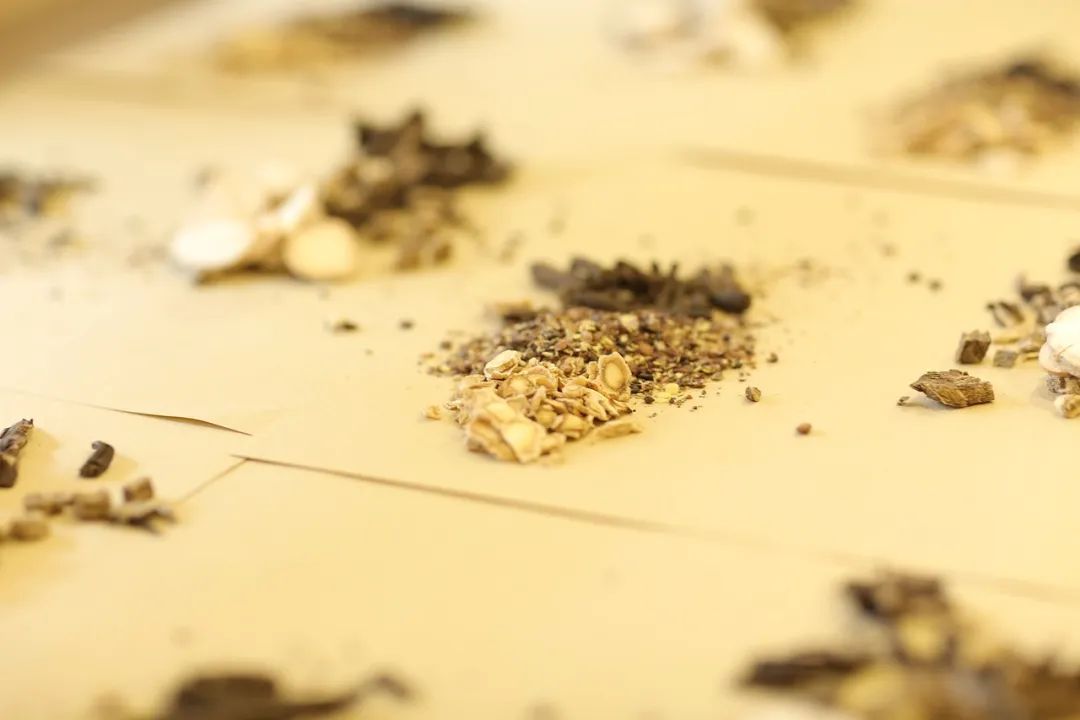

Single Herbs

1. Goji Berries – Eating Goji Berries for Longevity
Can be consumed year-round. The dosage should not be excessive; generally, 20 grams per day is appropriate for healthy adults. For therapeutic purposes, about 30 grams can be used daily. It is slightly warming and should not be consumed during colds, fevers, or inflammatory conditions. Those with spleen deficiency and loose stools should also avoid it.
2. Ejiao – A Great Blood Tonic
A good blood tonic, it is known as one of the “Three Treasures” of Chinese medicine along with ginseng and deer antler. It is classified as a “superior herb” in the “Shen Nong Ben Cao Jing” and referred to as a “sacred medicine” in the “Ben Cao Gang Mu”. It is effective for nourishing blood, improving complexion, tonifying blood and yin, strengthening the body, and delaying aging. However, it may cause diarrhea, vomiting, or bloating in those with spleen deficiency. It is not suitable for those with thick, greasy tongue coating or phlegm-damp conditions. It should also be avoided during colds, acute coughs, and menstruation. To prevent gastrointestinal discomfort, it can be taken with white atractylodes (Bai Zhu), dried tangerine peel (Chen Pi), and chicken inner golden (Ji Nei Jin) decocted together. Alternatively, consume some appetizing pickled vegetables or hawthorn products before taking Ejiao.
3. Astragalus – A Tonic for Sub-Health
Ideal for sub-healthy office workers, teachers, actors, and business people who often speak. Those who find it hard to speak, have a hoarse voice, feel fatigued, and are prone to colds can benefit. Use 20 grams of raw astragalus, steep in hot water for 30 minutes, and drink as tea, chewing the astragalus afterward. It is warming and can help boost energy. However, it should not be used during colds, fevers, or fullness in the chest and abdomen. Patients with tuberculosis showing symptoms like fever, dry mouth, and hemoptysis should not use astragalus alone. Pregnant women should also avoid long-term high doses.
4. Purple Danshen – Protecting the Whole Family
“Danshen alone has the same effect as the Four Substances”; the common dosage of purple danshen is 15-30 grams, with few side effects. It can be decocted in water or powdered. Note that when taking danshen, avoid milk and soybeans, as they may reduce its efficacy.
5. Red Dates – The King of Fruits
Eating three red dates a day can help maintain youthfulness, promote white blood cell production, lower cholesterol, protect the liver, and contain substances that inhibit cancer cells and promote the transformation of cancer cells into normal cells. They are rich in calcium and iron, playing an important role in preventing osteoporosis and anemia. The rutin in red dates helps soften blood vessels and lower blood pressure, providing preventive effects for hypertension. They can also alleviate allergies, remove unpleasant odors, calm the mind, enhance intelligence, and stimulate appetite.

Medications That May Harm the Liver and Kidneys

Yejiao (Ye Jiao Teng), Niu Xi (Niu Xi), Du Huo (Du Huo), Ze Xie (Ze Xie).
For more questions, feel free to consult and seek treatment at our hospital.
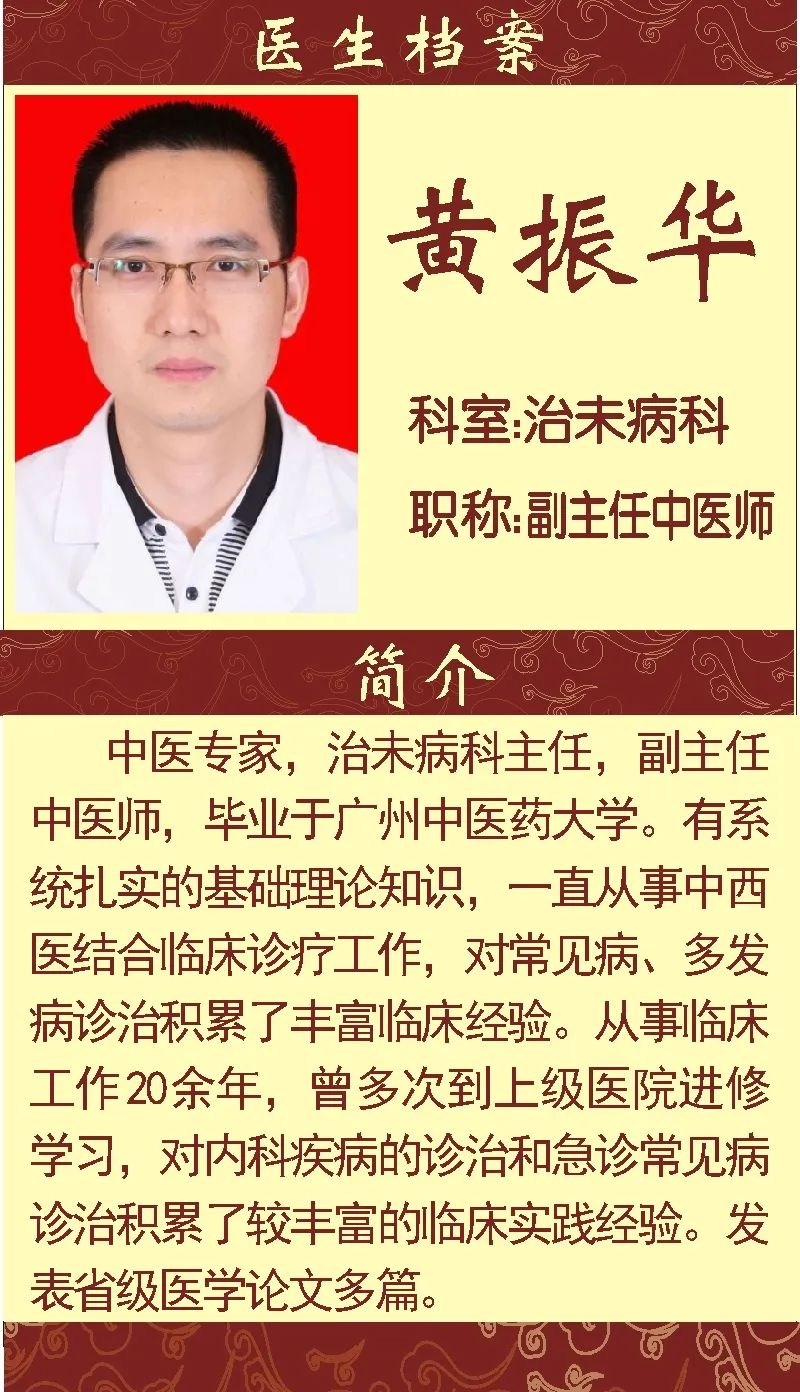

Contributed by: Huang Zhenhua / Edited by: Zhou Huajing
Initial Review: Zheng Zhengzheng / Approved by: Bu Shengyong
Approved for Release: Feng Huajian
Further Reading
Dr. Lai Yimiao: Strictly adhere to these points to stay away from diabetic kidney disease.
[TCM Health] Late summer and early autumn, pay attention to moisturizing, nourishing yin, and protecting the lungs.
The Orthopedics Department of Meixian District Traditional Chinese Medicine Hospital completed the first CCS compound pressure screw internal fixation surgery for femoral neck fracture in Meizhou City.
Dr. Chen Meihua: What is Achilles tendonitis, and what should be done if one has it?
[TCM Popular Science] Summer heart health is crucial; how to maintain it? Try these methods.
Dr. Zhang Weifei: Summer health tips.
[TCM Popular Science] Moderate sweating in summer is good for health, but these two types of “sweat” indicate health risks.
[TCM Popular Science] Why can three parts hunger and cold keep children safe?
Dr. Huang Zhenhua: Classification and identification of body constitutions.
